Conversion Devices: Turning Ideas Into Forms
$8.09
Description
All art, in fact, any freestanding object (including music) that is intentionally crafted, originates as a thinking process. This means it is very unlikely to manifest as an unique imaginary and retrievable snap-shot. It is a complex process and ultimately an obvious gross motor activity as much as it is guided by ideations. But the conception would remain in the nether regions of pre-imagination were it not stimulated by a deep brain behavioral hub that programs for self-perception. Then it is further converted by way of neuro-psychological editing habits guiding our gross sensory-motor actions into plastic form (including sound). This small book proposes that the major components of these efforts to create stable records derive from our ability to self-identify and our related compulsion to mimic. There is nothing new in this. What is a bit new is specifying those cognitive conversion devices and what types of neurons predicate them. The devices we discuss are; novelty, intention, mirroring and recursion. No part of creative endeavor resulting in a unique and stable form of expression could come to be without these devices that convert cognitive processing towards executing a thing. Imagine converting the hues of a sunset into a physical chunk of coal. It is that farfetched but we manage to do it all the time when extracting an idea, capturing it by some means and isolating it as a free standing entity. We create in order to demystify the world and lend a helpful hand to ourselves both to self-nurture and culturally nurture others simply in order to survive.
Author: Corbin, Alexandra Kraeler
Topic: Psychology
Media: Book
ISBN: 1547251344
Language: English
Pages: 220
Additional information
| Weight | 0.72 lbs |
|---|---|
| Dimensions | 9 × 6 × 0.5 in |


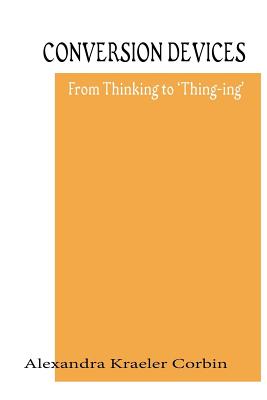




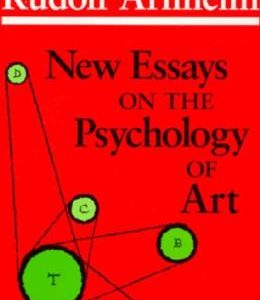

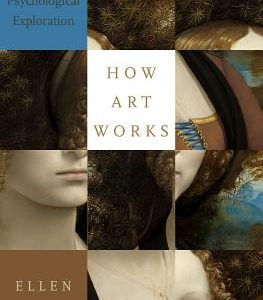
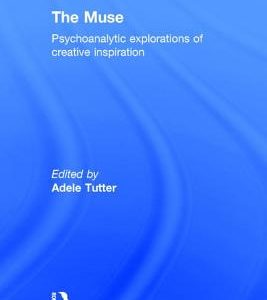

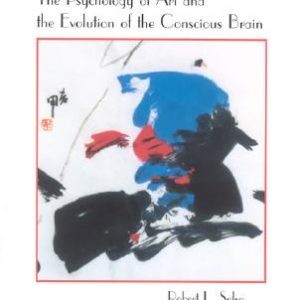


Reviews
There are no reviews yet.